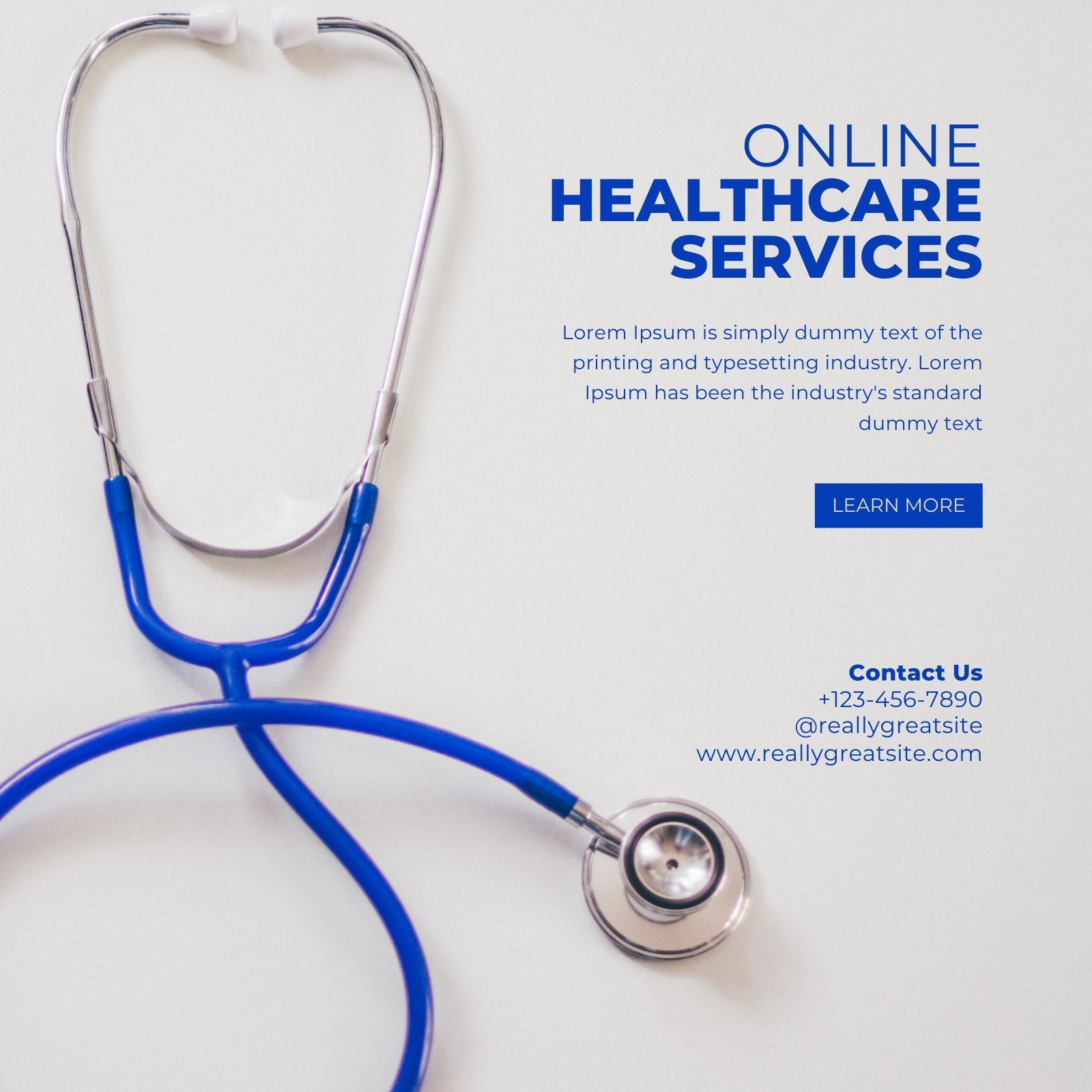Discovering the Development of Subscription Based Healthcare in the Digital Age
Discovering the Development of Subscription Based Healthcare in the Digital Age
Blog Article
Just How Subscription-Based Healthcare Is Changing the Clinical Sector

The Surge of Subscription Healthcare
Over the last few years, the health care industry has actually witnessed a considerable shift in the direction of subscription-based versions, mirroring more comprehensive consumer patterns preferring benefit and predictability. This change is driven by the boosting need for even more personalized and easily accessible care options. Membership healthcare, occasionally described as concierge medicine or straight health care, offers patients a set regular monthly cost for an array of medical services, substantially altering traditional fee-for-service versions.
The rise of membership healthcare is helped with by improvements in innovation, which enable streamlined interaction in between providers and patients - subscription based healthcare. Digital systems and telehealth services have actually come to be important, offering people the capability to set up appointments, access clinical documents, and obtain consultations online. This technical combination not just improves person involvement yet likewise permits suppliers to deliver much more reliable treatment
In addition, the membership design aligns with the evolving expectations of people who seek more control over their medical care expenditures and experiences. While this model is obtaining grip, its spreading encounters difficulties such as regulatory hurdles and the necessity for broader acceptance within the standard health care environment.
Advantages for Patients and Providers
Subscription-based health care supplies a wide range of benefits for both companies and patients, improving the characteristics of medical care. For people, this design gives improved access to health care services. With a foreseeable month-to-month charge, clients can enjoy endless examinations, reduced delay times, and personalized care. This arrangement often causes a more proactive method to wellness administration, enabling prompt treatments that can avoid chronic problems from rising. The financial transparency of registration models minimizes the unpredictability linked with conventional fee-for-service billing, minimizing the burden of unanticipated clinical expenses.
For medical care carriers, subscription-based versions promote an even more sustainable and rewarding practice. Management tasks are usually streamlined, minimizing above expenses and permitting companies to devote even more time to client communication. On the whole, subscription-based healthcare straightens the incentives of companies and people, advertising a much more patient-centered and reliable medical care shipment system.
Key Functions of the Version
Often, the vital functions of the subscription-based healthcare design highlight its distinct method to delivering clinical solutions. Central to this version is the idea of foreseeable, monthly settlements, offering patients a thorough series of services without the changability of conventional fee-for-service frameworks. This design typically consists of unrestricted accessibility to health care services, preventative care, and routine examinations, guaranteeing that patients can engage with their doctor proactively as opposed to reactively.
Additionally, straight interaction networks, such as telemedicine and messaging systems, are stressed, permitting patients to receive timely guidance and examinations without requiring in-person visits. This improves ease of access and benefit, particularly for individuals with mobility restraints or those staying in remote areas. The model additionally promotes stronger doctor-patient partnerships, as doctor are incentivized to concentrate on long-term wellness results instead of temporary gos to.
Moreover, subscription-based medical care typically integrates technical developments, such as electronic wellness records and health surveillance applications, to offer effective and personalized treatment. Clients take advantage of collaborated and continuous treatment management, which is customized to their particular wellness requirements. Ultimately, these functions collectively produce a patient-centered healthcare experience, focusing on ease of access, price transparency, and preventative care.

Obstacles and Factors To Consider
While the subscription-based healthcare version offers many benefits, it is not without its factors to consider and challenges. Subscription models may resource accidentally prefer those with higher socioeconomic condition, possibly widening variations in medical care access for lower-income individuals who might have a hard time with regular monthly costs.
Another challenge depends on governing compliance. Subscription-based healthcare needs to browse an intricate web of laws that vary by region, including concerns around person confidentiality, information protection, and state licensing needs. Making sure conformity without hampering the version's adaptability and advancement can be daunting for providers.
In addition, there is the risk of overutilization or underutilization of solutions. People paying a fixed cost could overuse solutions, bring about boosted operational expenses, while others could underutilize due to be afraid of burdening Find Out More the system, Click This Link possibly disregarding necessary treatment.
Future Prospects and Innovations
The landscape of subscription-based healthcare is positioned for transformation through emerging developments and advancing potential customers. As innovation continues to development, the integration of man-made knowledge and artificial intelligence presents substantial opportunities to boost diagnostic accuracy and enhance client management. Anticipating analytics can change preventative treatment by recognizing possible health dangers before they show up, therefore lowering both expenses and the problem on health care systems.
Moreover, telemedicine is readied to expand within membership designs, offering clients enhanced access to health care experts no matter of geographical constraints. This not just promotes connection of care yet additionally encourages people to engage even more actively in their health management. Furthermore, blockchain technology offers possible in safeguarding patient data and making certain interoperability across systems, cultivating count on and openness.
The development of personalized medicine is an additional frontier, with subscription models supplying an unique framework for providing tailored wellness services. Hereditary screening and personalized treatment strategies can be perfectly integrated, lining up client needs with details clinical interventions. Partnerships between tech business and health care suppliers are most likely to generate cutting-edge remedies, boosting person experiences and end results. As these leads appear, subscription-based medical care has the possible to redefine just how treatment is provided and accessed.
Final Thought
Subscription-based healthcare is transforming the clinical market by providing a more accessible, predictable, and patient-centered strategy to medical solutions. This model enhances patient-provider relationships, guarantees financial openness, and highlights preventative care via unlimited consultations and telemedicine. Regardless of difficulties such as regulatory difficulties and prospective differences in gain access to, the subscription version holds guarantee for a more reliable and customized healthcare experience. As innovation advances, even more innovations are most likely to address existing difficulties and optimize health care distribution.
Registration healthcare, often referred to as attendant medication or straight primary care, uses people a fixed regular monthly fee for an array of medical services, substantially changing typical fee-for-service versions.
Moreover, the subscription design lines up with the progressing assumptions of individuals that look for even more control over their health care expenses and experiences. For individuals, this design supplies boosted access to health care services. Generally, subscription-based healthcare lines up the rewards of companies and individuals, advertising a much more effective and patient-centered healthcare delivery system.
Moreover, telemedicine is set to increase within registration versions, offering individuals enhanced access to healthcare professionals no matter of geographical restraints. - subscription based healthcare
Report this page